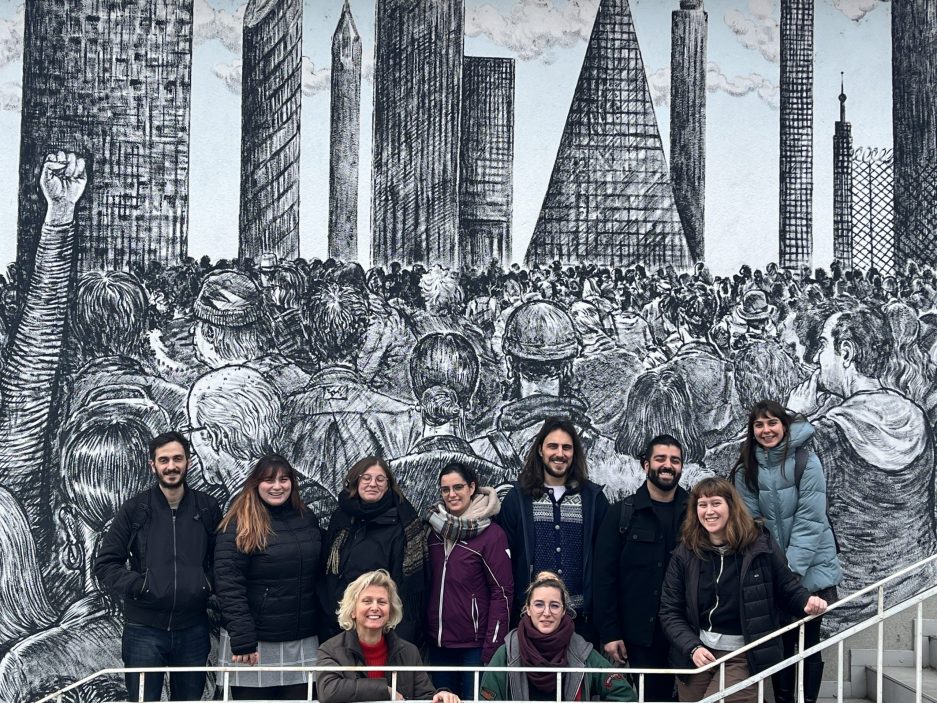First partner meeting of the project “Female perspectives on the democratic transitions in the 1970s, 1980s and 1990s”

Continuing our work on the topics of resistance and democratization, Documenta gathered the partner organizations of our new project “Female perspectives on the democratic transitions in the 1970s, 1980s and 1990s” in Zagreb at the beginning of February.
From the 1st to the 4th of February in the House of Human Rights, we held the first partner meeting with our colleagues from Bulgaria, Italy, Slovenia and Spain. On this project we are collaborating with the organizations The Future Now Association (Bulgaria), Lapsus – Laboratorio di analisi storica del mondo contemporaneo (Italy), Zavod APIS (Slovenia) and Asociacion Las ninas del tul (Spain).
The project aims to promote mutual understanding among citizens of different European countries, promoting events, actors and groups that fought for pluralism, democracy and freedom. With this project, we want to put a focus on brave women who contributed to democratic transitions in Europe, resisting political violence and opposing totalitarian and authoritarian restrictions on human rights.
The project has three dimensions through which it will highlight the importance of democratic transitions in Europe. First, it will provide an insight into the involvement of women in the democratic changes and social and political turmoil in Bulgaria, Croatia, Italy, Slovenia and Spain. Second, the project has a strong educational dimension, realized through numerous educational activities for young people and a training for teachers. Third, the project will develop an advocacy dimension that will engage European citizens, decision-makers and public officials in a dialogue on how to achieve gender equality in the understanding of history.
The project includes study visits, educational workshops for young people, public discussions with citizens and MEPs, training for teachers and the conference “(In)visibility of women’s contribution to democratic transitions in Europe”.
During the meeting in Zagreb, together with the partners, we planned the implementation of the mentioned activities and the creation of the project results – podcasts about women’s contribution to the democratic transitions, a manual with didactic materials and a publication with recommendations for better visibility of women’s contribution to historical processes in Europe.
The project is co-financed by the European Union.










